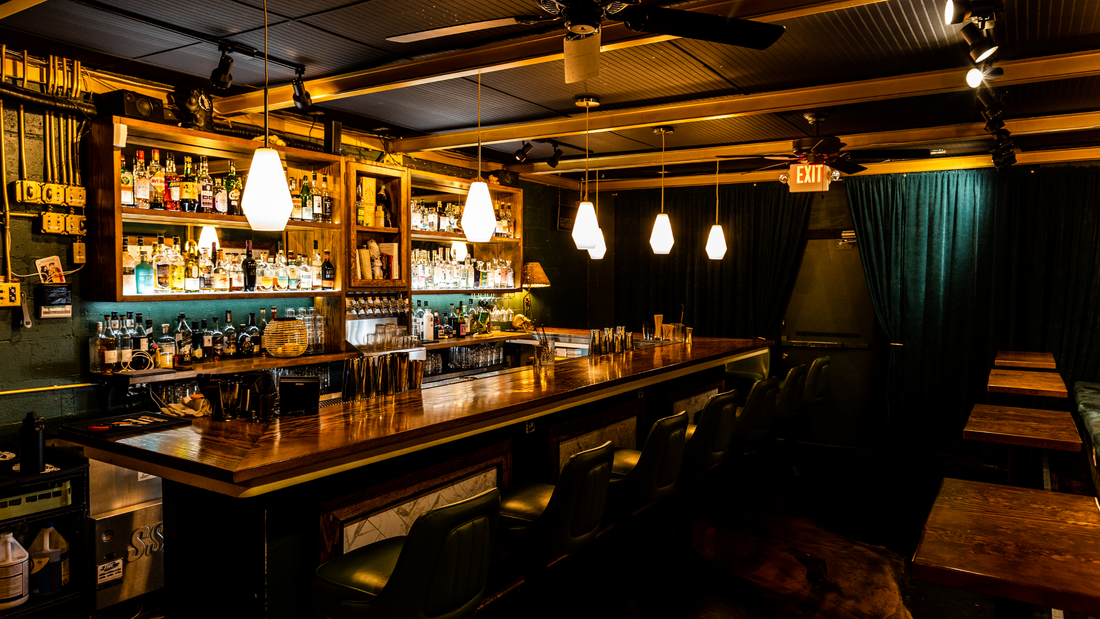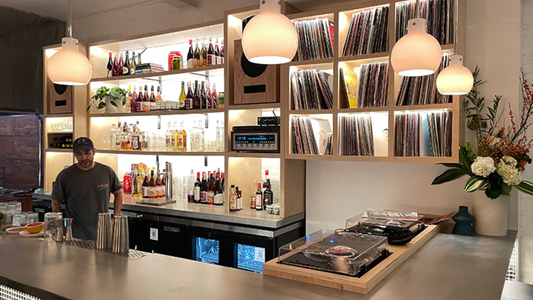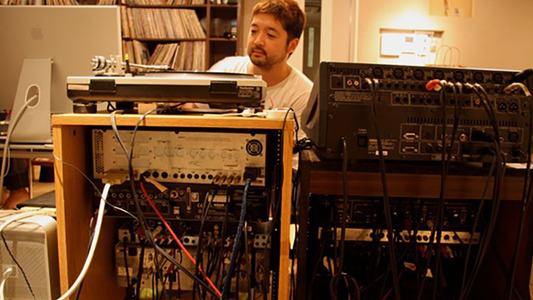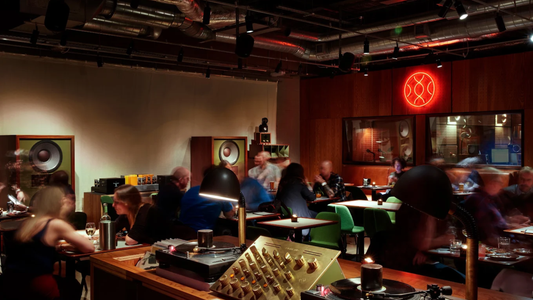
Austin: The City That Plays Itself
By Rafi Mercer
Austin does not so much host music as breathe it. The city is less stage than living instrument, vibrating daily with sound. From the neon chaos of Sixth Street to the calm flow of the Colorado River, music feels everywhere, stitched into the city’s fabric. “Live Music Capital of the World” is not branding but reality — and what strikes me most is how this endless performance has fostered an equally strong culture of listening.
At first glance, Austin is noise: guitars spilling out of bars, brass bands on corners, festivals that turn the city into an open-air stage. South by Southwest, Austin City Limits, countless unnamed nights where the volume feels overwhelming. But beneath that constant performance is a remarkable discipline. People here know how to listen. Years of exposure have sharpened ears, trained bodies to fall silent when a solo builds, taught audiences to hold their breath when a song demands space. And from this discipline emerges the listening bar — a quieter extension of the same instinct, where patience and silence are cultivated as surely as volume.
Walk east, away from the noise, and you’ll find them: modest rooms tuned like instruments, turntables glowing, cocktails poured with care. The chatter dims, the needle lowers, and the room reorients itself around sound. This is Austin’s other rhythm — less celebrated, less crowded, but just as vital. It proves that in a city where music is everywhere, there is still hunger for depth, for fidelity, for records played in full.
Vinyl has never left Austin. Independent stores thrive, collectors pass down lore, and young listeners queue for new pressings as eagerly as their parents once did. The resurgence of LPs fits naturally into Austin’s lineage. Outlaw country, electric blues, indie experimentation — the city has always favoured music that resists polish, that feels lived-in, that carries weight. A record is perfect for that: heavy in the hand, imperfect in sound, permanent in presence. And when played in a room where silence is honoured, the imperfection becomes beauty.
What distinguishes Austin’s listening culture is its warmth. In Tokyo, silence is strict; in Berlin, austerity defines the mood. In Austin, the rules soften. Respect remains — voices lower, attention holds — but the atmosphere is southern, open, friendly. You can sip a bourbon, murmur a thought, let the evening drift. The seriousness of listening is preserved, but without rigidity. It feels communal, not monastic.
Geography plays its part. The heat slows the city, stretches time. Nights are long, air thick with cicadas, music drifting through open doors. To sit in a listening bar in Austin is to experience permeability — sound mixing with air, life bleeding into music. The city’s culture has always been about blend: country into rock, blues into soul, jazz into indie. The listening bar frames that blend, slows it, asks us to notice it.
Austin proves that listening bars are not foreign imports but universal instincts. Wherever music is cherished, spaces emerge to honour it. Here, that honour carries Texan character: loose, open, generous. To hear a record in Austin is to feel the city playing itself back to you, groove by groove, night by night.
Rafi Mercer writes about the spaces where music matters. For more stories from Tracks & Tales, subscribe, or click here to read more.







